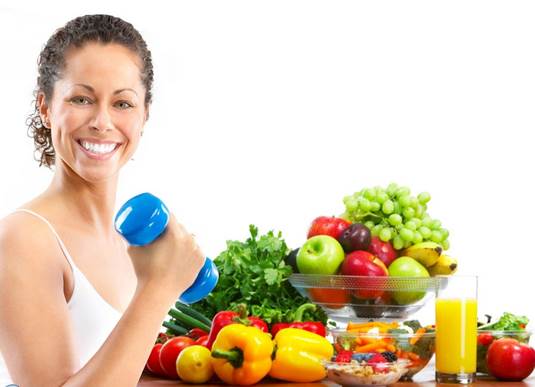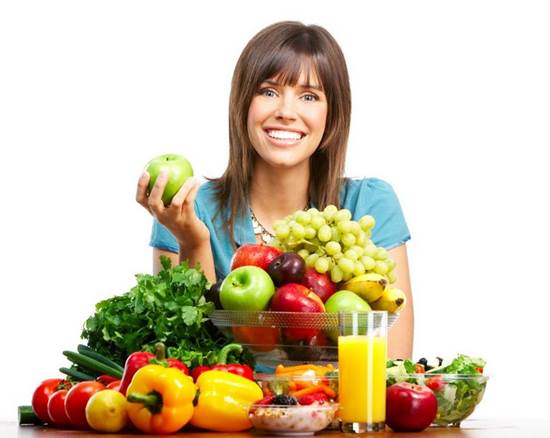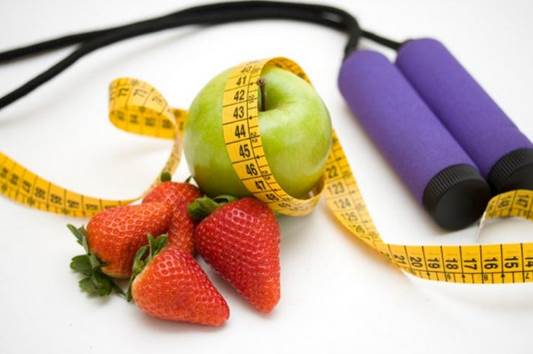It’s no secret the cost of food is on the
rise, and has been for some time. Since 2007, UK households have been cutting
back on bread, meat, fish and alcohol as well as fruit and vegetables,
according to the Government’s annual Family Food Survey. Apparently we’ve saved
6.8 per cent on our shopping bills by buying cheaper, and in many cases, less
healthy foods. Across all households, regardless of wealth, we’ve bought 10 per
cent less fruit and veg since 2007.
The financial crisis is causing what
experts call the ‘nutritional recession’. And these survey findings confirm
this. One in six people say rising food prices make it difficult for them to
eat healthily. So what can you do to still get your 5-a-day but stay within
your budget? A lot actually.

The
financial crisis is causing what experts call the ‘nutritional recession’.
Make simple swaps
Snack on fruit and vegetables to reach your
5-a-day and save money. An apple from a market stall costs on average 25 pence,
compared to a chocolate bar at 60 pence or a packet of crisps at 50 pence. Keep
fruit and vegetables to hand, so you don’t buy unhealthy snacks.
Seek out bargains
A recent survey conducted by a Channel 4
Dispatches program found ‘express’ or ‘local’ Tesco and Sainsbury’s stores
charged almost a third more for veg such as broccoli, compared to their
superstores. Plus, buying fruit and vegetables loose rather than pre-packed is
usually cheaper - sometimes half the price. Browsing the reduced aisle for
goods past their ‘best before’ date is another clever trick. These aisles are
piled high on a Monday morning or a Friday evening when the shelves are
rotated. Use this cheap produce to make soup, ratatouille, and stews or fruit
compôtes, which can be frozen. ‘Best before’ foods are still edible, but foods
past their ‘use by’ date should be pinned.

Plus,
buying fruit and vegetables loose rather than pre-packed is usually cheaper -
sometimes half the price.
Try tinned
Did you know canned or frozen fruit and veg
are nutritionally similar to fresh produce? In some cases they can be even
healthier! For example, canned tomatoes and tomato soup are the best sources of
the antioxidant lycopene, which has been linked to a reduced incidence of some
types of cancer. Canned foods have a long shelf life because the food is cooked
in the can, locking all the nutrition inside without the need for
preservatives. It’s a myth that canned foods are all high in salt, fat or
sugar. Many foods are now preserved in water rather than brine or fruit juice
instead of syrup. If in doubt, rinse them with water before you use them.

Did
you know canned or frozen fruit and veg are nutritionally similar to fresh
produce?
Be box clever
Register for a veg box scheme with your
local farmer to eat seasonal produce at a fraction of the cost of the
supermarket. For example, Riverford Organic (riverford.co.uk) supplies organic
fruit, veg and meat boxes across the UK. Their Seasons Vegbox costs $20 and
contains eight to 10 varieties of fruit and veg, which caters for three adults
for a week.